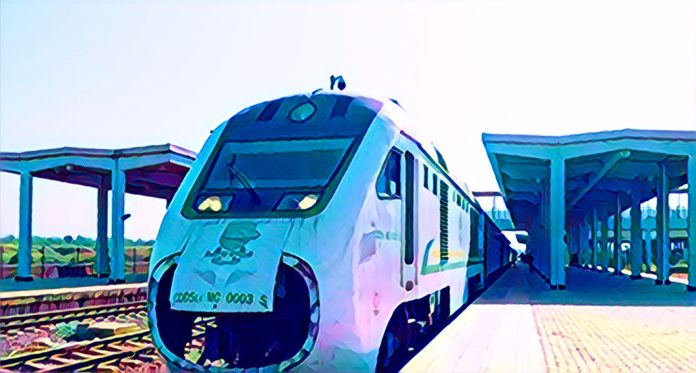KEY POINTS
- Nigerian Railway Corporation increases Abuja-Kaduna weekday trips to six.
- Expansion follows a 22 percent rise in passenger demand.
- Additional efforts underway to curb ticket racketeering.
The Nigerian Railway Corporation (NRC) has expanded its weekday train services on the Abuja-Kaduna route from four to six daily trips, responding to increasing passenger demand.
This decision falls within a more extensive process of enhancing the accessibility of transport services and customers’ satisfaction along Nigeria’s principal corridors.
Increase in services to tackle passenger demand
In a statement signed by Deputy Director of Public Relations, Yakub Mahmood, the NRC noted that the additional weekday trips from Monday to Friday will accommodate the growing number of passengers opting for rail travel between Abuja and Kaduna.
This expansion follows a five-month trend analysis revealing a 22 percent increase in new passengers on the route, reflecting a preference among Nigerians for the comfort, reliability, and safety offered by rail transport.
Acting Managing Director Ben Iloanusi highlighted the NRC’s dedication to enhancing the commuting experience by addressing customer concerns such as ticket availability and accessibility.
“This expansion underscores our commitment to meeting customer demands and resolving ticketing issues,” he said.
Efforts to curb ticket racketeering
The NRC also emphasized measures to curb ticket racketeering, urging passengers to use the corporation’s official ticket platforms rather than patronizing unauthorized sellers.
Senior management personnel will now be present on major train routes to improve operations and ensure that ticketing remains efficient and transparent.
According to Punch, the corporation noted that similar growth trends are observed on other major rail routes, including Lagos-Ibadan, Warri-Itakpe, and Port Harcourt-Aba.
Plans to enhance services along these lines are underway, the NRC added, as part of its strategy to provide reliable transportation alternatives nationwide.
Recent service expansions reflect rising commuter interest
The NRC recently increased the operational frequency for the Lagos/Ibadan line due to upsurge in passenger business and has introduce extra trips on week-ends.
These are measures suggestive of Nigeria’s readiness to develop rail infrastructure as an option to transport system, so as to increase passengers’ options and flexibility.
For details on the above mentioned updates, the NRC urged customers to visit it’s official website www.nrc.gov.ng.



